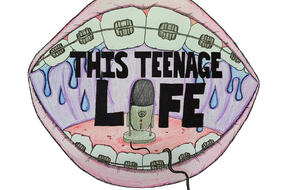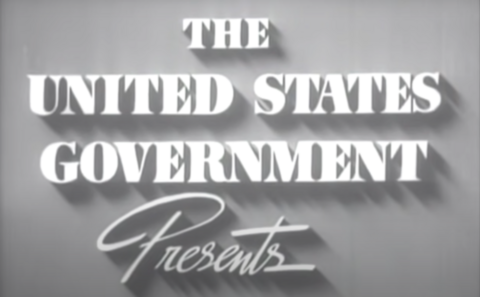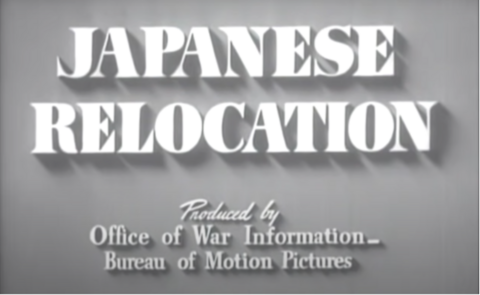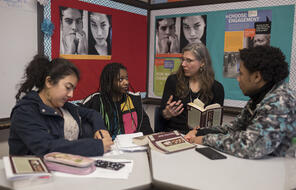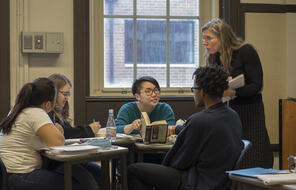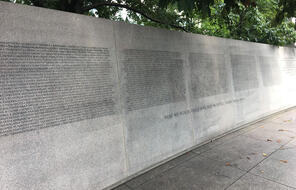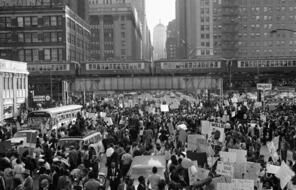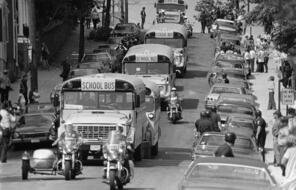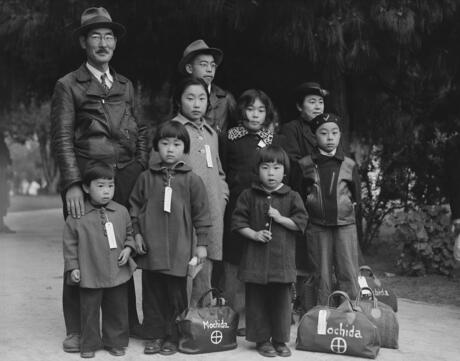
Words Matter: Listening to Survivors about Language for Describing Japanese American Incarceration
At a Glance
Language
English — USSubject
- Civics & Citizenship
- History
- Social Studies
Grade
6–12Duration
One 50-min class period- Culture & Identity
- Racism
- Human & Civil Rights
Overview
About This Lesson
In this lesson, students will be introduced to a number of terms frequently used to describe the incarceration of Japanese Americans during World War II. Students will consider how these terms have evolved over time to represent the experiences of survivors and their descendants. Students will also read language recommendations adapted from two Japanese American survivors’ groups: Denshō and the Japanese American Citizens League.
Lesson Plan
Activities
Materials and Downloads
Quick Downloads
Download the Files
Additional Resources
Unlimited Access to Learning. More Added Every Month.
Facing History & Ourselves is designed for educators who want to help students explore identity, think critically, grow emotionally, act ethically, and participate in civic life. It’s hard work, so we’ve developed some go-to professional learning opportunities to help you along the way.
Exploring ELA Text Selection with Julia Torres
On-Demand
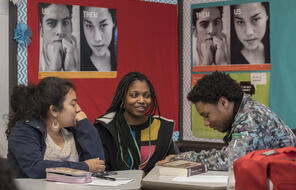
Working for Justice, Equity and Civic Agency in Our Schools: A Conversation with Clint Smith
On-Demand

Centering Student Voices to Build Community and Agency
On-Demand
